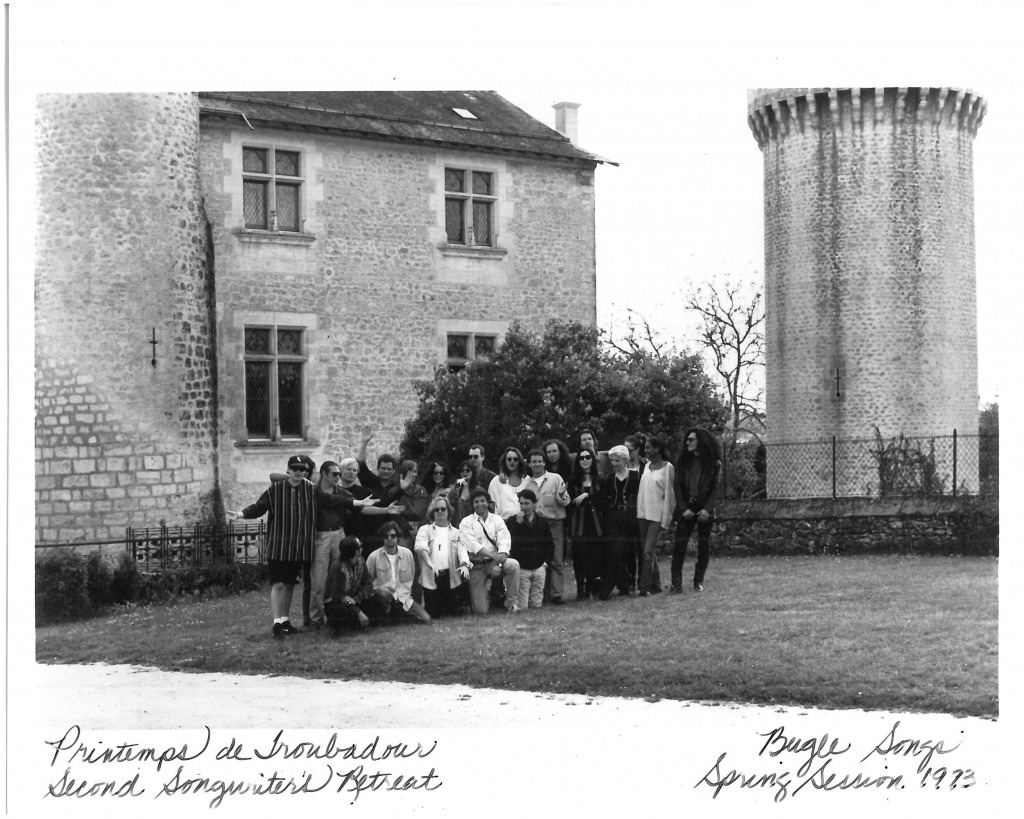When Is Your Song “Done”?
/How do you know when to push away from the table? When do you say no mas, enough is enough, reach the finish line… when is your song …”done”? This is a tough one especially if you write on your own. You can endlessly tinker or just trust your instinct and stop. Unless you’re writing with an artist or for a deadline, the world isn’t waiting for your song, so common sense should tell you to slow down, make it the best it can be before you let other people hear it.
No listener will know how hard you worked and truthfully, if it shows, the song usually suffers.
Some of the songs written by committee just “sound ” like work to me .
I love being able to feel like something’s completed but it’s tough to get that workmanlike sense of ” job done” with songwriting . You usually can’t see it, touch it or feel it not to mention get affirmation.
Affirmation for me has to come from inside, the kind of song experience that just feels right, you keep playing it over and over but you don’t feel the need to re-write it. Some writers feel it’s a gift and once you get the idea down you need to just let it go while others feel hard work will reveal diamonds in the dirt. I think you just know and IF.. you’ve captured whatever it is, done all the editing , used all the combined knowledge you’ve built up and trust your gut….you’re done!
I’d love to hear from other songwriters, how do you decide you’re done?






